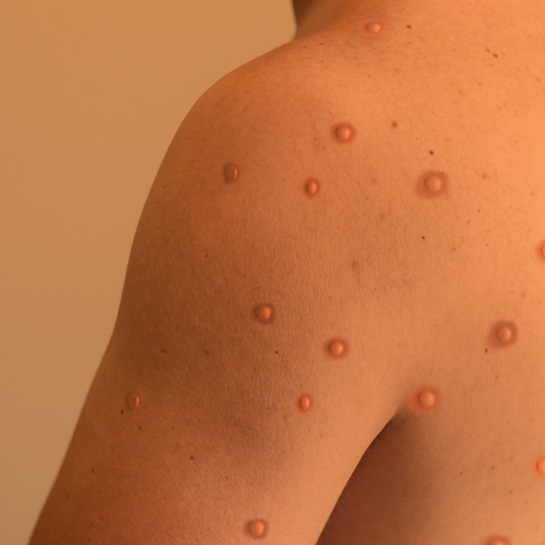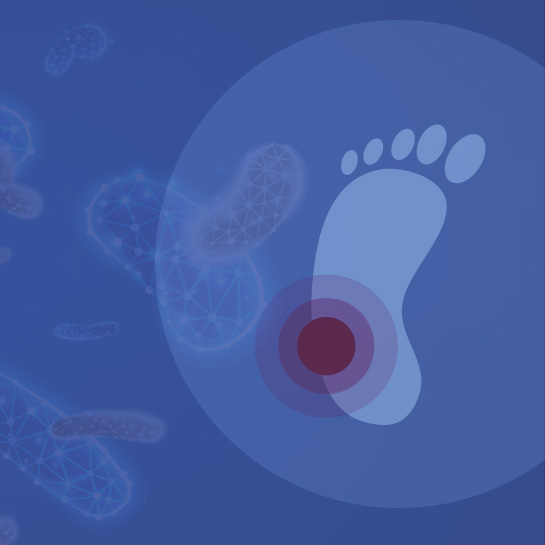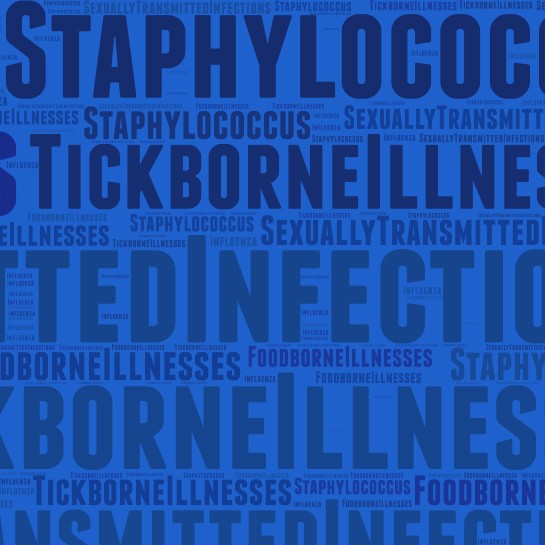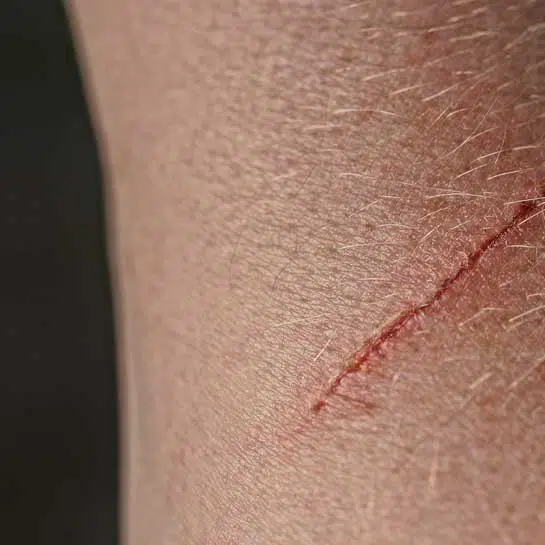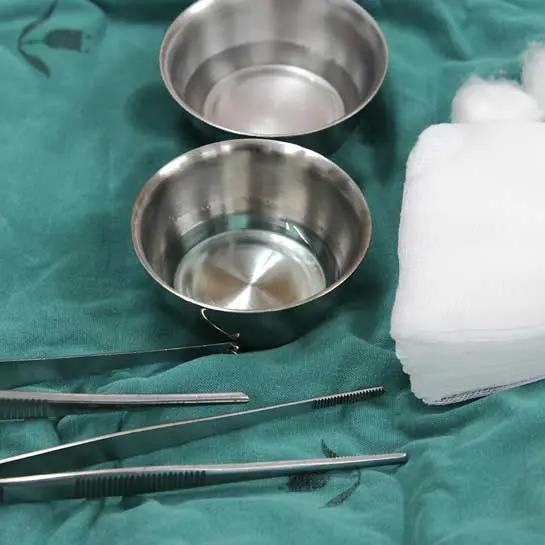Skin Infections
Treatment
Skin Infections Treatment
As our largest organ, our skin protects us throughout our day-to-day lives. But as it guards us, it can become infected by viruses, bacteria, or fungi. If you suspect you may have a skin infection, visit your nearest ID Care location as soon as possible. As New Jersey’s leading infectious disease specialists, our team of seasoned professionals will provide you with effective skin infection treatment so you can get back to enjoying a healthy life.
Infections
Our skin is made up of three layers, including the epidermis, dermis, and subcutaneous fat. Skin infections can occur in any of these layers, with more serious cases occurring deeper in the skin. At ID Care, some of the most common skin infections we treat include:
Cold sores
Cold sores on the lip or mouth are caused by the type 1 herpes virus. This infection is commonly contracted in childhood, and the virus stays in your body throughout your lifetime. If you have the virus, cold sores may develop when you are sick, anxious, or tired. They usually go away on their own, but your doctor can also prescribe certain medications to help control outbreaks.
MRSA
Short for Methicillin-resistant Staphylococcus aureus, MRSA is a bacterial infection that can cause the development of abscesses, or pus deposits, on the skin. It is most commonly contracted by those who come into skin-to-skin contact with others, like athletes, child care workers, or nursing home residents. To treat it, your abscess may be drained, or you may be prescribed an antibiotic. If you do not develop an abscess, however, we may turn to antimicrobial therapy to treat your infection.
Cellulitis
This bacterial skin infection occurs most frequently on the lower legs but can also occur anywhere else on the body. Cellulitis causes the affected area of skin to turn bright red, resulting in swelling, heat, and tenderness. Other symptoms of this infection include fever, chills, aches, and red streaks on the skin. If you have been injured, have a weakened immune system, or are overweight, you are more likely to develop this infection. To treat it, your doctor may prescribe oral antibiotics or, in more severe cases, intravenous medication.
Impetigo
Common in preschool and school-age children, impetigo can cause red blisters and sores to develop on the face, neck, hands, or diaper area. It often occurs after the skin has been irritated by a cut, rash, or another impurity. Impetigo can be treated with antibiotics in topical ointment, pill, or liquid form.
Necrotizing fasciitis
Also called flesh-eating disease, this serious and oftentimes fatal infection spreads through patients’ bodies and kills soft tissue, including muscle and fat. Those with weakened immune systems and poor hygiene habits are more likely to contract it than others. To treat this infection, your doctor will administer antibiotics intravenously, and a surgeon will need to remove the infected tissue.
Get Treated at ID Care
If you think you have a skin infection, the expert team at ID Care has you covered. To request an appointment or learn more about our skin infection treatment services and comprehensive infectious disease care, contact one of our 10 facilities today.

